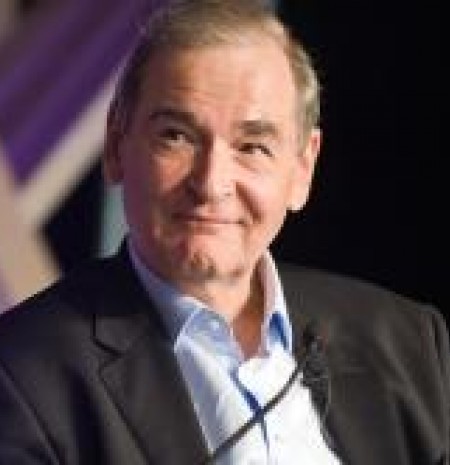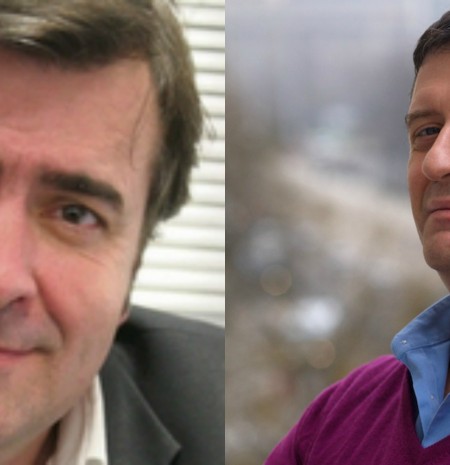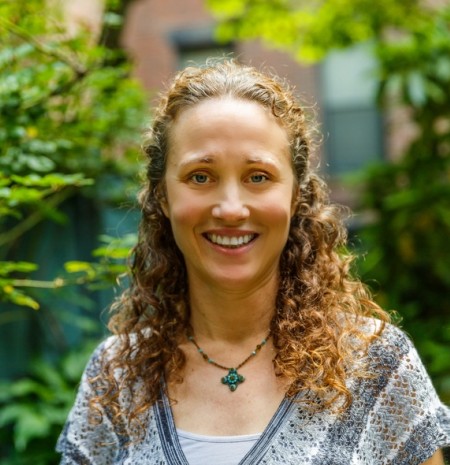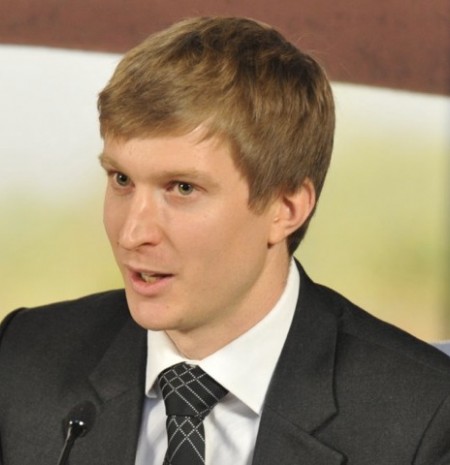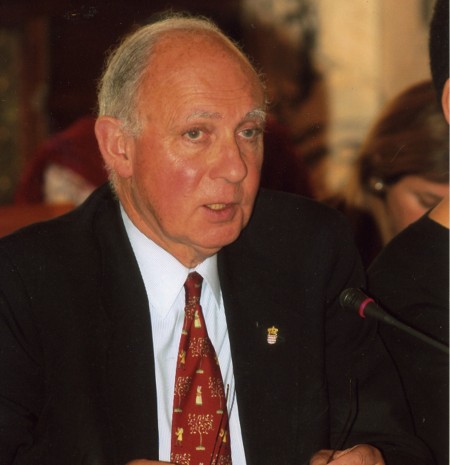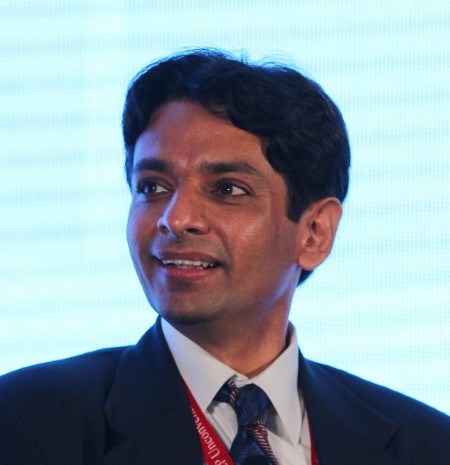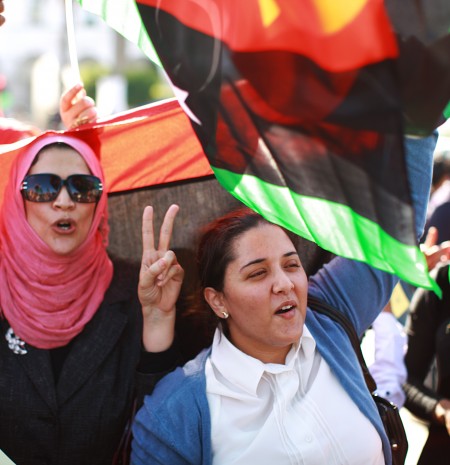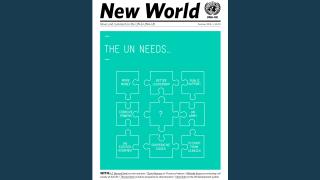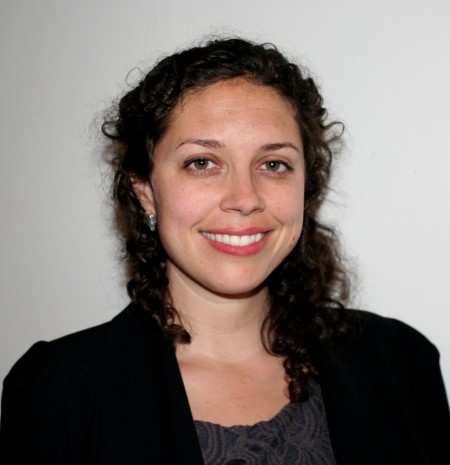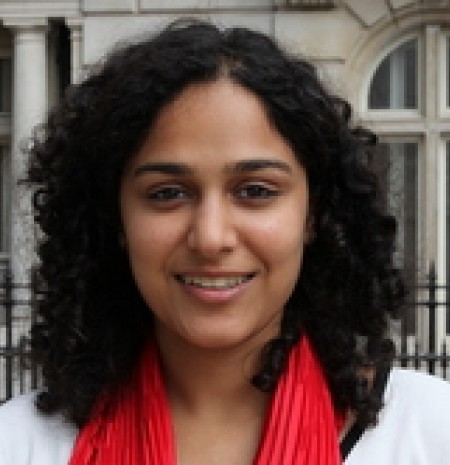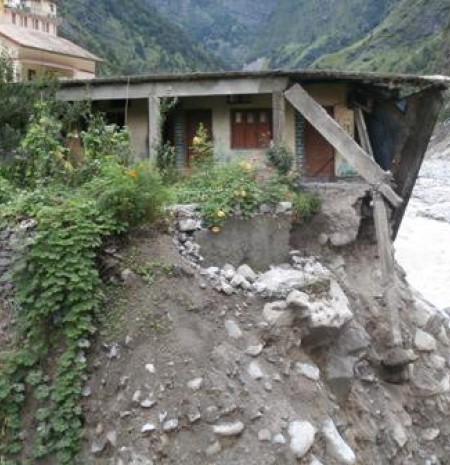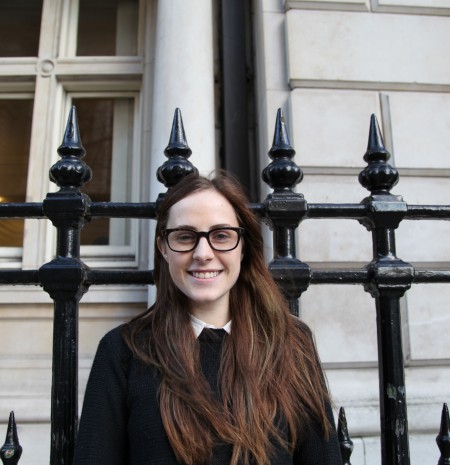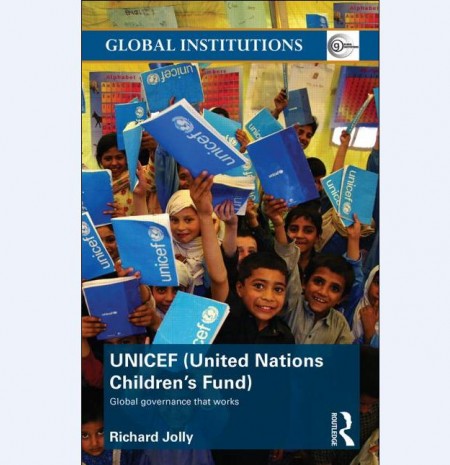
What led you to found Article 36?
Richard Moyes and I had been working together on the campaign to ban cluster bombs and both decided that we would like to engage with some new areas related to disarmament and the protection of civilians. We couldn’t see any existing organisation where we would have the flexibility to work on any weapons issue that needed attention, so we set up Article 36.
This covers quite a broad range of issues. What’s taking up most of your time at the moment?
We are currently preparing for an expert meeting on explosive weapons in populated areas, so that’s a major focus. One of Article 36’s main roles is to facilitate the International Network on Explosive Weapons, which is a group of NGOs concerned with the humanitarian harm caused by the bombing and bombardment of populated areas. This is not a new problem, but developing a clear and common position within the international community that these sorts of weapons shouldn’t be used in populated areas would be a very positive step for the protection of civilians.
You’ve previously criticised the UN’s disarmament forums as “part of the problem”. What did you mean by this?
The way certain states control discussions in certain disarmament forums is undoubtedly part of the problem. The Conference on Disarmament and the Reviews of the Non-Proliferation Treaty, for example, are dominated by the nuclear-armed states, and they cannot find any common interest in moving disarmament forward.
In recent years we’ve seen a rich diversity in the way treaties and forums are negotiated and brought about. If we are going to make progress on disarmament, we need to be open to new ideas, new approaches and new forums. We shouldn’t be held back by tradition or by some attachment to a structure that only serves the interests of a handful of powerful states.
So what kinds of reforms do you think are needed?
I’m not sure the disarmament forums that are struggling can be fixed through reform. In the end it’s the member states that need to engage more constructively. What I would say is that the consensus rule is too often abused by those who want a minimalist outcome.
It’s always good to get consensus, but there should always be an option to vote if there is deadlock or if a handful of states are trying to water down an outcome to the point where it risks becoming meaningless.
Article 36, like UNA-UK, is part of the Campaign to Stop Killer Robots. In May the UN held its first meeting on these lethal autonomous weapons. How did it go?
It went very well. The discussions were encouragingly substantive and interactive. We focussed on the need for meaningful human control over any potentially lethal use of autonomous weapons, and this was referred to many times during the debate and in the chair’s report. Our sense is that member states will agree to continue working on this issue in 2015. We would like to see further expert discussions to explore the concept of meaningful human control and what it means in practice. We have some ideas on that.
Civil society coalitions were crucial in calling for bans on landmines and cluster munitions. Do you still see this as a key part of disarmament campaigning?
We very much believe in the strength of civil society when it is well-organised and well-coordinated. Bringing together different NGOs as part of a national, regional or global coalition takes hard work and patience, but it can have remarkable results.
It’s a question of the coalition being something more than the sum of its parts. Having diversity of organisations, cultures and languages are all really important assets. We’ve seen this model deliver bans on landmines and cluster bombs and we think it will deliver bans on nuclear weapons and killer robots as well.
Finally, what does the rest of 2014 have in store for you?
I’ve already mentioned the expert discussions on explosive weapons in June. Then we’ll be gearing up for the meetings of the General Assembly’s First Committee in October and the next meeting on killer robots in November, and beyond that it’s the big humanitarian conference on nuclear weapons in Vienna in December. There’s a lot going on!
Thomas Nash is Director of the UK-based NGO Article 36, which works to prevent the unintended, unnecessary or unacceptable harm caused by certain weapons. He also serves as a member of the Steering Group of the International Campaign to Abolish Nuclear Weapons and the leadership body of the Campaign to Stop Killer Robots.


